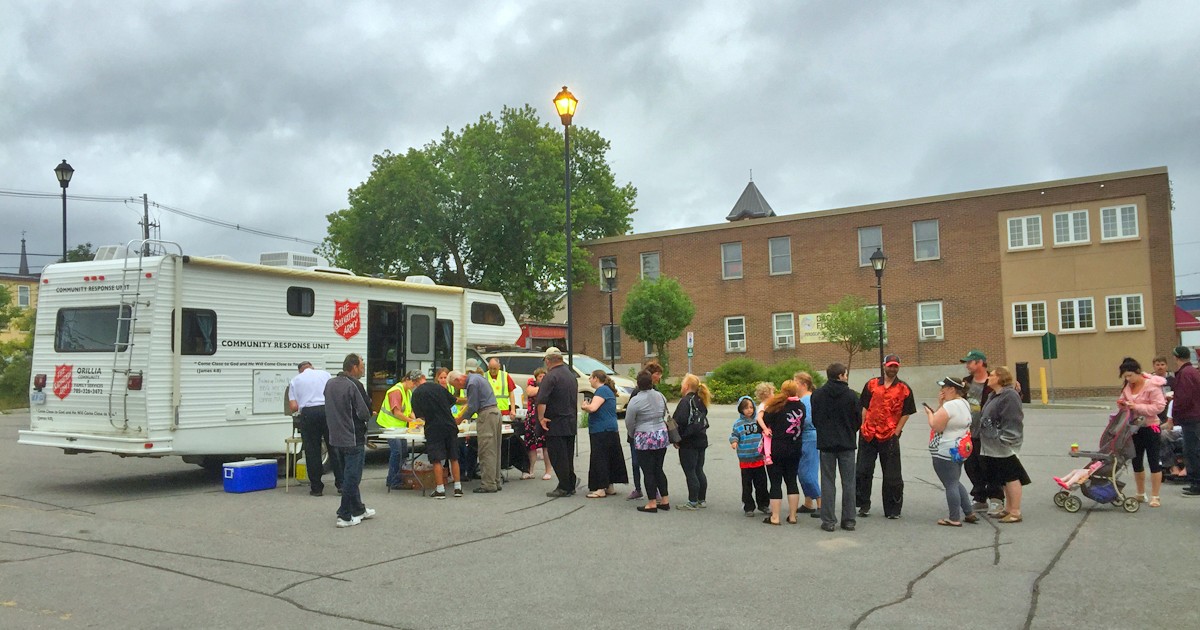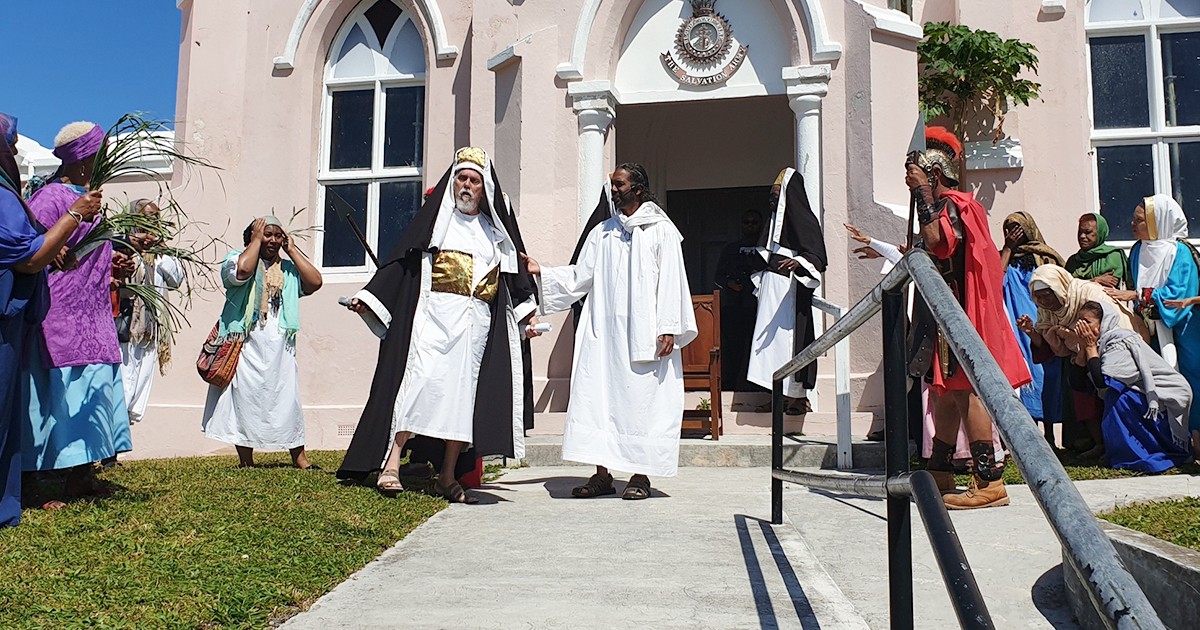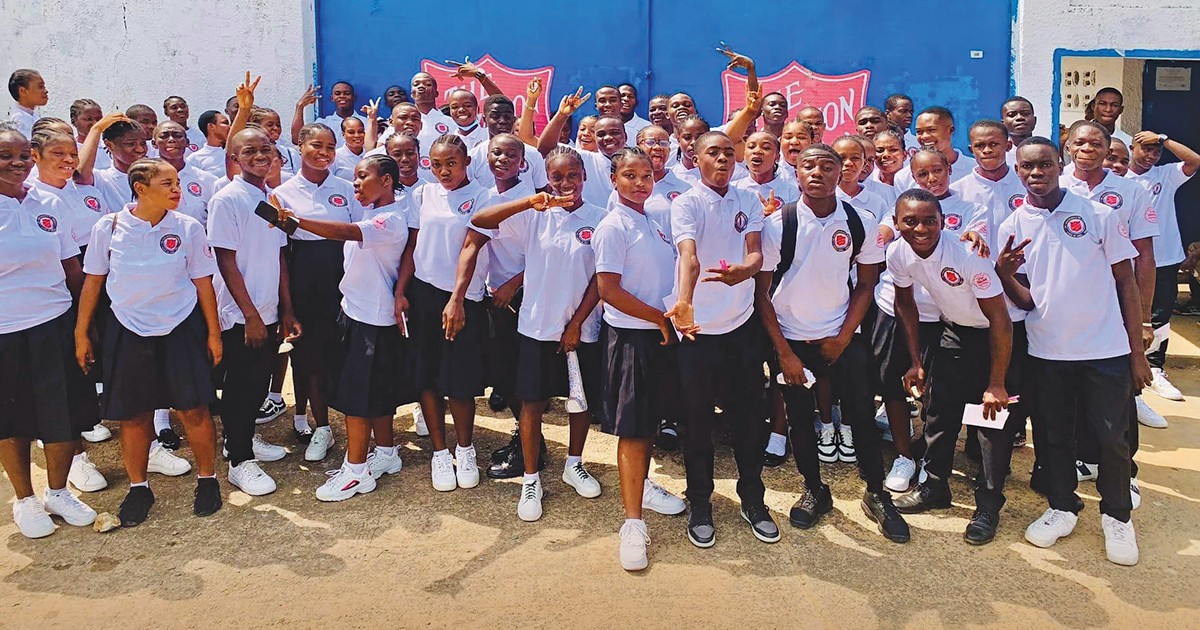 At the Salvation Army bookstore in Toronto a few years ago, I had an inspiring conversation with a Gen Y Christian. Having renewed his relationship with Jesus, he asked, “Do you know anything about this Brengle guy? This is really cool stuff!” He held a copy of Helps to Holiness by Samuel Logan Brengle, one of the Army's greatest holiness teachers. Over 100 years ago, Brengle wrote it with young people in mind.
At the Salvation Army bookstore in Toronto a few years ago, I had an inspiring conversation with a Gen Y Christian. Having renewed his relationship with Jesus, he asked, “Do you know anything about this Brengle guy? This is really cool stuff!” He held a copy of Helps to Holiness by Samuel Logan Brengle, one of the Army's greatest holiness teachers. Over 100 years ago, Brengle wrote it with young people in mind.
The excitement of this young man over such a “yesterday” book intrigued me, so I asked him to explain. His response was typical of a Gen Y Christian who wants religion to be accessible, practical and relevant. His hunger was a mirror image of my own when I was his age. I remembered my days as one of then-Major Edward Read's cadets at the St. John's College for Officer Training. Under his passionate teaching and mentoring, my fellow cadets and I were introduced to holiness as a way of life, with very distinct possibilities for the here and now.
My own quest for holiness led me to the first chapter of 2 Peter. I have chosen this single chapter as the focus of this Pursuing Holiness series. It is meant to be a practical Bible study for individuals and small groups. The series follows a simple outline from which we read (and re-read), reflect, reshape and receive. I pray that God will use it to lead us to deeper intimacy with Jesus.
READ—First, acknowledge God's presence, then read 2 Peter 1 without stopping. Now, read it again from a variety of translations (visit Biblegateway.com for online versions). In no other passage will we get a more complete picture of how the Christian life works.
The concept of holiness may trigger many conflicting emotions and ideas. Yet, it's the Bible's favourite word for expressing the nature of God and the pursuit to which he calls us. In 1 Peter 1:16 God says, “I am holy; you be holy” (The Message, italics mine). Holiness is a way of being that results in a way of doing.
REFLECT—Take a few moments to reflect on where you are in relation to Jesus. Respond to these questions as honestly as possible. Make note of any concerns so that you may return to them in the course of these studies.
1. How would you describe the kind of life God wants you to live? How diligent are you in living the life you describe?
2. If you have children or grandchildren, how important is their holiness to you? How does this concern compare with your interest in their school grades, hockey scores, batting average or income level? How does their sin affect your prayer life?
3. How concerned are you that the people in your church reflect the character of Christ? How does life in the Church impact your own relationship with God?
Now, identify the words or phrases from the first three verses that capture your attention.
According to verses 1 and 2, what is the source of our faith (see also Ephesians 2:8)? Faith is shown to be both a gift that we receive and a response that we make to God. God has given us the tools and the knowledge, but we need to learn how to use them for the renovation of the soul.
Re-read verse three several times, from various translations. Then, reflect on these questions:
• What specific resources are outlined in this verse, and when can they be put to use?
• What role does knowledge play in this process (see also Philippians 3:8, 10)?
• What does it mean to share in the glory and goodness of God?
RESHAPE—Much of traditional thinking about holiness reduces it to living according to a list of rules that changes with time and context. The Bible exposes falsehoods in much of the teaching of the first (and the 21st) century. In light of your discoveries from Peter's teaching, identify any of your notions of Christian holiness that need to be revised.
RECEIVE—Out of God's diversified investment in you, what do you need to receive and use for the enrichment of your life? Pray to confess a specific need and trust in God's supply for that felt need.
Resources
• Free e-books by Brengle at swartzentrover.com
• New book: Masterful Living by Kevin Mannoia, Wesleyan Holiness Consortium, 2011
Major Clarence Bradbury, D.Min., is leadership trainer and program developer at The Salvation Army Jack McDowell School for Leadership Development, Atlanta.









Leave a Comment